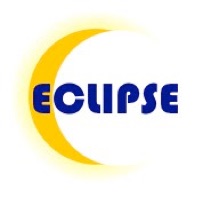Pupils in English schools are nearly always assigned to a year group by age at the start of the school year. (Pupils can be held back, or accelerated, but this is rare and reserved for special cases.) Secondary phase is key stages 3 and 4, but sometimes post-16 students in non-compulsory education continue to study in their school for Y12 and Y13 (KS5 or 'sixth-form').
| Level | Key stage | Year | Age |
|---|---|---|---|
| Lower secondary | KS3 | Y7 | 11(-12) |
| Lower secondary | KS3 | Y8 | 12(-13) |
| Lower secondary | KS3 | Y9 | 13(-14) |
| Upper secondary | KS4 | Y10 | 14(-15) |
| Upper secondary | KS4 | Y11 | 15(-16) |
| 'Sixth form' | KS5 | Y12 | 16(-17) |
| 'Sixth form' | KS5 | Y13 | 17(-18) |
Students generally study GCSE courses (General Certificate of Secondary Education) during KS4 for examination at age 16. Science is a compulsory (core) subject for all 5-16 year olds, so most students take GCSE science examinations at this point. Most students take 'double science' i.e., a broad science course considered to count as two subjects and awarded a double grade. Many also take additional papers in each of the main science subjects (biology, chemistry and physics) to take 'triple science' which counts as three subjects.
Students in sixth form are not required to study any particular subjects, and most commonly select to study about four subjects at Advanced Level (A level), with examinations taken at 17 (often 'AS' exams, which can be taken as discrete qualifications, or seen as the first half of an A level) and 18 (to complete A levels).
Return to ECLIPSE homepage
List of science topics

Dr Keith S Taber kst24@cam.ac.uk
University of Cambridge Faculty of Education
© Keith S Taber